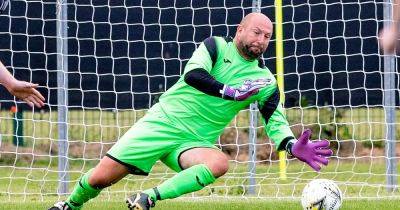Posidonia meadows: Lungs of the seas at risk
It is a glistening summer day and a swarm of boats are berthing between the Lerins Islands, off the coast of Cannes. For Samuel Jeglot, a marine biologist, it is the perfect example of mass tourism taken up a notch too far. A “pizza boat” stops by to give out menus – the kitchen is stationed on a catamaran a few meters away. A “cocktail boat” whips up drinks on board.
There can be hundreds of vessels at a time, says Jeglot, who co-founded NaturDive, an ocean conservation non-profit. The problem is that right underneath there is a dense posidonia meadow, an endemic species of seagrass.
“Boats drop their anchors here,” explains Jeglot. “And everytime they’re pulled back up, seagrasses get crushed, torn and destroyed.”
It is often confused with seaweed, but seagrass is in fact a plant. It is one of the most widespread ecosystems on Earth, found in 159 countries. The Mediterranean, however, is home to the oldest species of its kind, Posidonia Oceanica or Neptune Grass. Seagrass meadows have long been overshadowed by other, more colorful forms of marine life. But their role is just as vital, if not more.
They have been dubbed “the lungs of the Mediterranean”, as their long leaves are known to produce large amounts of oxygen, while at the same time absorbing carbon dioxide from the atmosphere. A hectare of posidonia can store 15 times more carbon than a hectare of Amazon rainforest.
Their role as carbon sinks is also under threat, warns Heike Molenaar, who has studied posidonia for more than 30 years.
“An anchor that drops into a posidonia meadow will crush the roots and rip out the plant, eventually releasing all this carbon into the environment, as the plant will decompose,” she says.
Posidonia also acts as a bulwark







